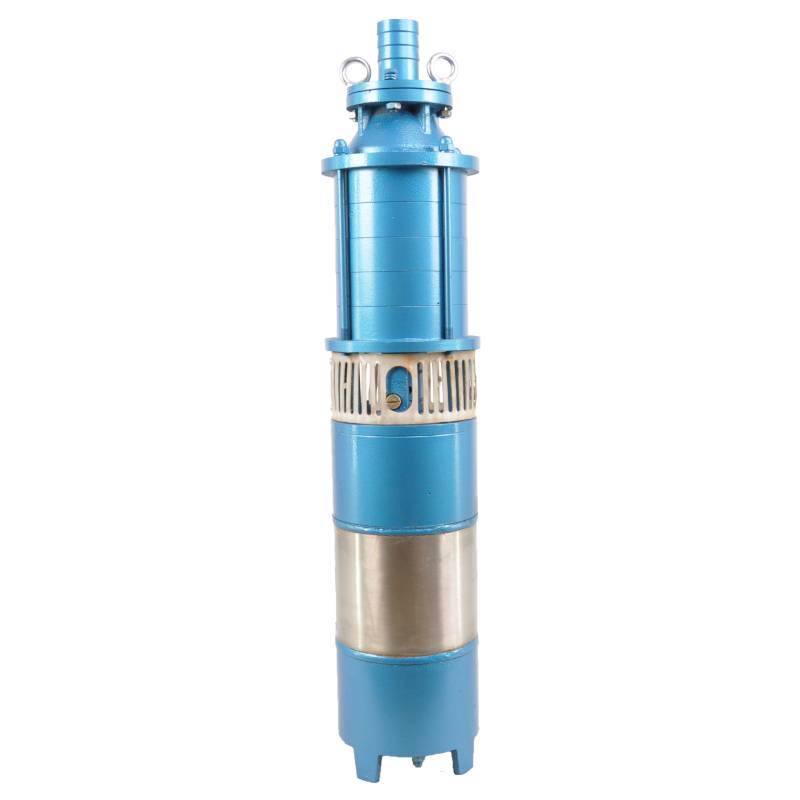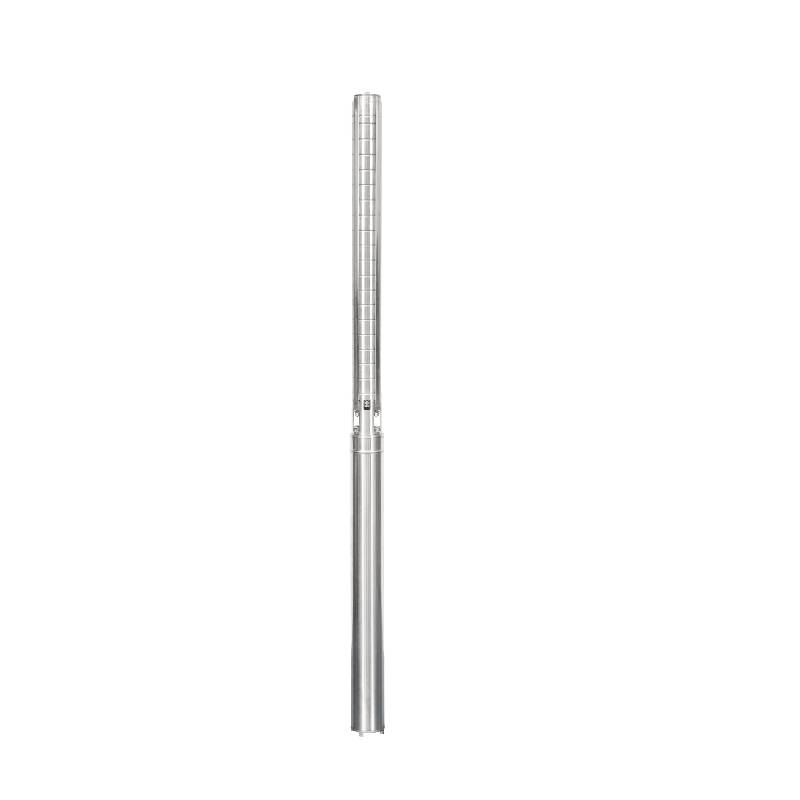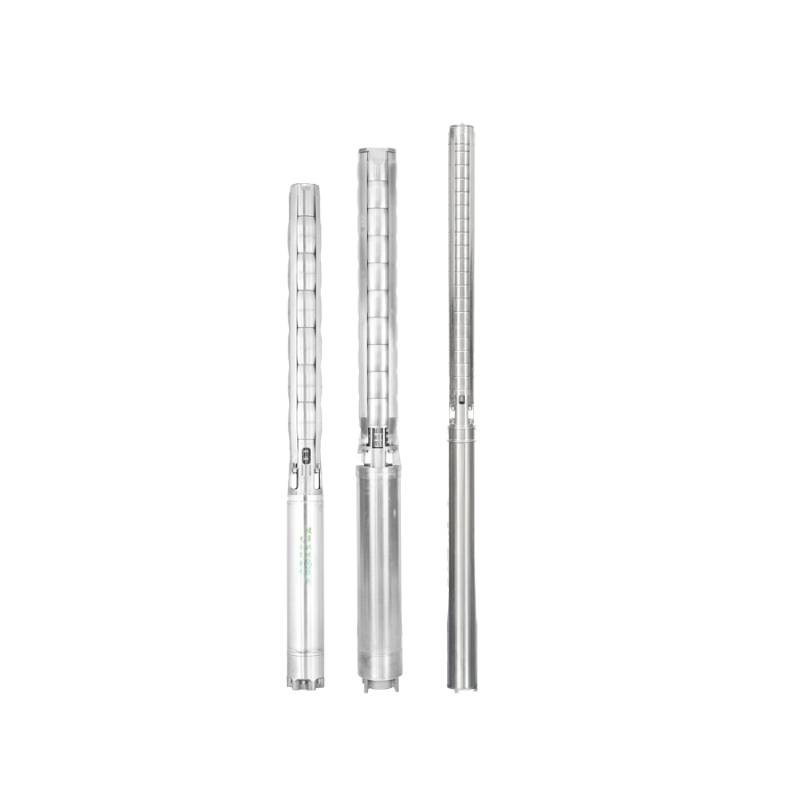Januari . 01, 2025 06:30 Back to list
Choosing the Right Submersible Pump for Your Water Well Needs
Submersible Pumps for Water Wells A Comprehensive Guide
When it comes to extracting water from deep underground sources, submersible pumps have become an indispensable tool in both residential and agricultural settings. These pumps are designed to operate underwater, making them ideal for water wells that need to draw water from significant depths. Understanding the function, advantages, limitations, and key features of submersible pumps can help in making informed decisions about water supply systems.
What is a Submersible Pump?
A submersible pump is a type of water pump that is fully submerged in the fluid it is pumping. Unlike surface pumps, which are situated above the water level and require a suction mechanism, submersible pumps are sealed and can efficiently push water to the surface. Their design typically features a hermetically sealed motor that prevents both water and other environmental elements from damaging the internal components.
How Submersible Pumps Work
The operation of a submersible pump is relatively straightforward. The pump is installed in the well, submerged below the water level. When activated, the motor drives an impeller that spins at high speeds, creating suction. This suction pulls water into the pump and pushes it up through a discharge pipe to the surface. Due to their design, submersible pumps can handle large volumes of water, making them suitable for various applications.
Advantages of Using Submersible Pumps
1. Efficiency Submersible pumps are generally more efficient than other types of pumps. Their design minimizes water loss and reduces the need for additional lifting mechanisms, leading to better energy use.
2. Depth Capability These pumps are specifically made for deep wells, often reaching depths of 1,000 feet or more. Their ability to operate at significant depths makes them invaluable for rural areas or places with limited water access.
3. Low Maintenance Submersible pumps are typically easier to maintain than surface pumps. Since they are submerged, they are less prone to issues caused by air exposure, such as cavitation.
4. Noise Reduction The placement of a submersible pump underwater helps to reduce operational noise, making them ideal for residential use in quiet environments.
5. Durability Made from corrosion-resistant materials, many submersible pumps are designed to endure harsh conditions, including sandy or mineral-rich water, which can damage less robust systems.
Limitations of Submersible Pumps
submersible pump for water well

While submersible pumps offer many benefits, they also come with limitations. One major drawback is their installation and retrieval process. When a submersible pump fails, it must be pulled out of the well for servicing, which can be a complicated and costly process.
Additionally, submersible pumps may not be the best choice for shallow wells, as they are optimized for deeper applications. The initial investment can be higher than that of traditional pumps, so homeowners or farmers must consider their specific requirements and budget.
Key Features to Look For
When selecting a submersible pump for a water well, several key features should be taken into account
1. Flow Rate Determine the required flow rate for your application (liters per minute or gallons per hour). The right flow rate will ensure that your water needs are met efficiently.
2. Depth Rating Consider the depth of the well. Different pumps have varying capabilities, so choose one that can operate at the necessary depth without compromising performance.
3. Material and Build Quality Pumps made from stainless steel or thermoplastic offer increased durability and resistance to rust and corrosion.
4. Motor Power A powerful motor enables the pump to overcome the water pressure and convey water to the surface efficiently.
5. Energy Efficiency With rising energy costs, select a pump that offers energy efficiency to reduce long-term operational expenses.
6. Warranty and Support Opt for pumps that come with a warranty and have reliable after-sales support. This ensures peace of mind in case of any future issues.
Conclusion
Submersible pumps are an effective and efficient solution for drawing water from wells, especially in applications requiring substantial depth and flow rate. By understanding their operation, advantages, and features, users can make informed choices that meet their water supply needs while maximizing efficiency and sustainability. Whether in agricultural settings or private residences, the correct submersible pump can significantly enhance water access and management.
-
submersible-sump-pump-auto-drainage-for-crawlspaces
NewsAug.22,2025
-
solar-powered-stainless-steel-submersible-well-pump-setup
NewsAug.22,2025
-
stainless-steel-well-pump-flow-rate-optimization
NewsAug.22,2025
-
water-filled-submersible-pump-fish-farm-oxygenation
NewsAug.22,2025
-
submersible-pump-in-aquaculture-and-fish-farming
NewsAug.22,2025
-
deep-well-submersible-pump-for-drought-areas
NewsAug.22,2025
-
 submersible-sump-pump-auto-drainage-for-crawlspacesCrawlspaces, those narrow areas beneath homes, are prone to water accumulation due to leaks, groundwDetail
submersible-sump-pump-auto-drainage-for-crawlspacesCrawlspaces, those narrow areas beneath homes, are prone to water accumulation due to leaks, groundwDetail -
 solar-powered-stainless-steel-submersible-well-pump-setupHarnessing solar energy to power stainless steel submersible well pumps is a sustainable and coDetail
solar-powered-stainless-steel-submersible-well-pump-setupHarnessing solar energy to power stainless steel submersible well pumps is a sustainable and coDetail -
 stainless-steel-well-pump-flow-rate-optimizationIn various applications like agriculture, domestic water supply, and industrial use, the flow rate oDetail
stainless-steel-well-pump-flow-rate-optimizationIn various applications like agriculture, domestic water supply, and industrial use, the flow rate oDetail
